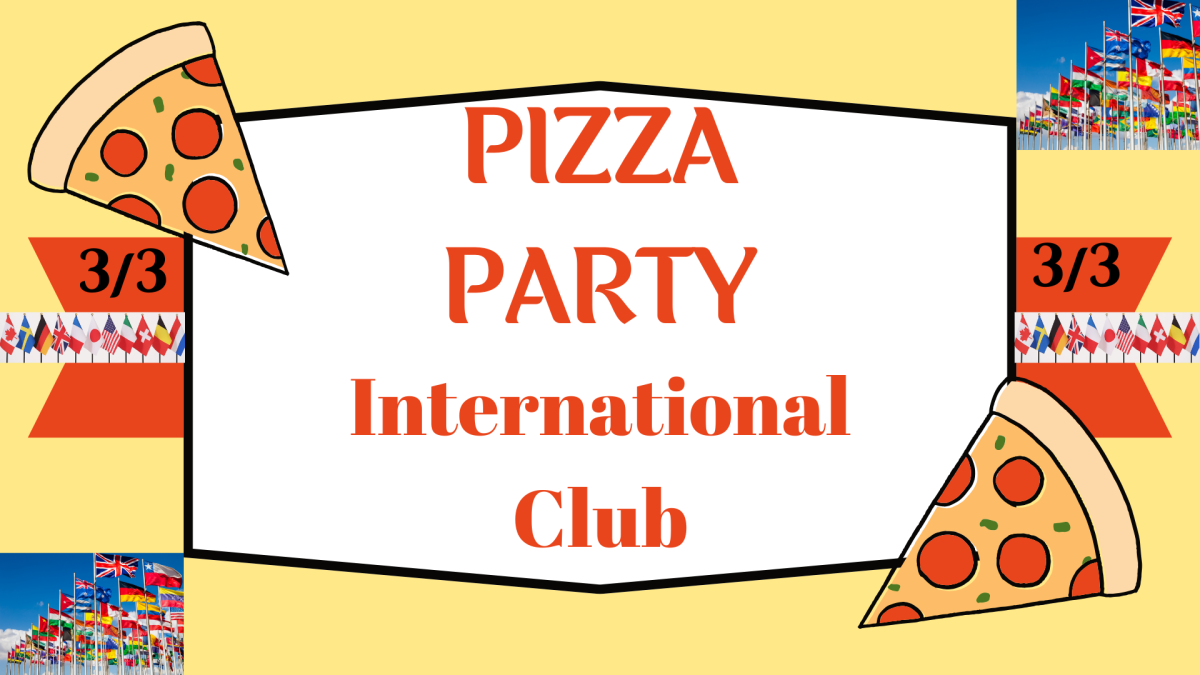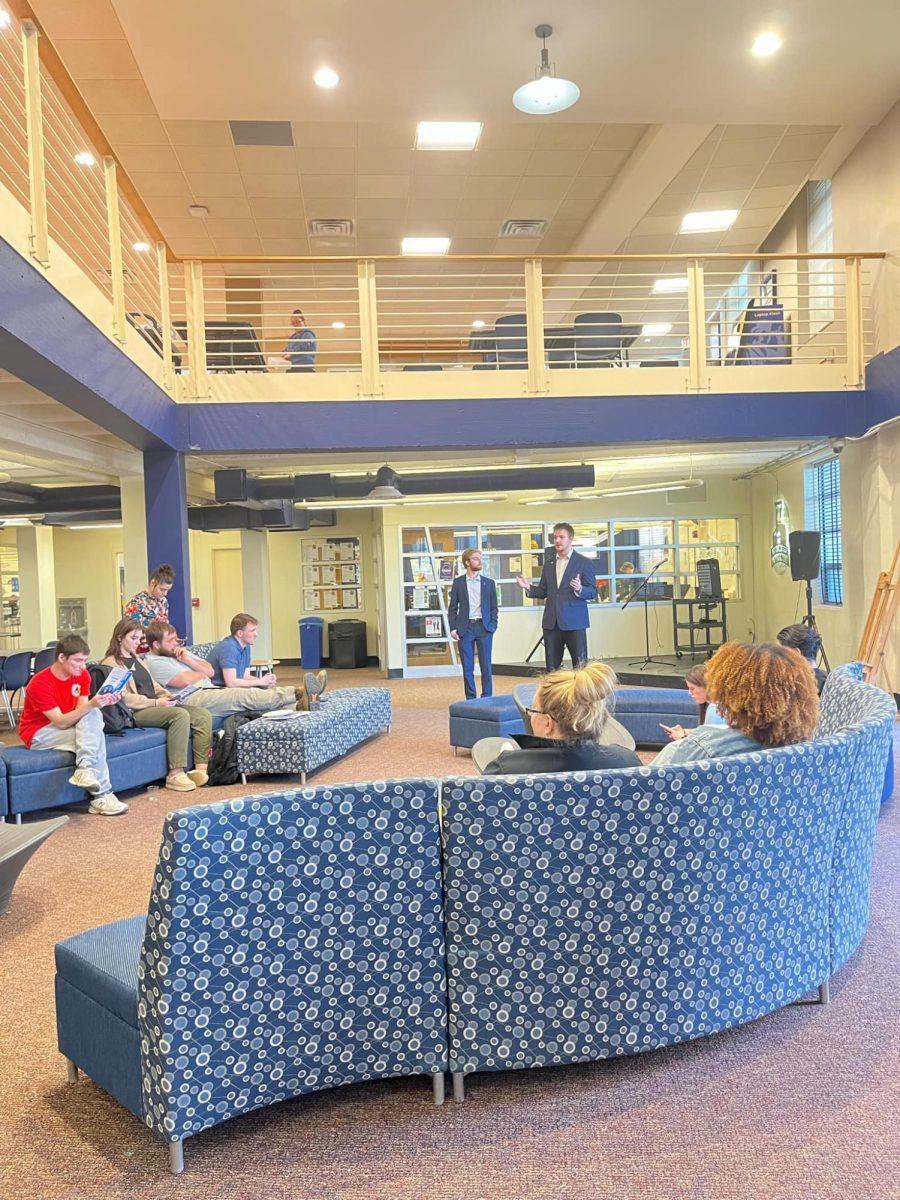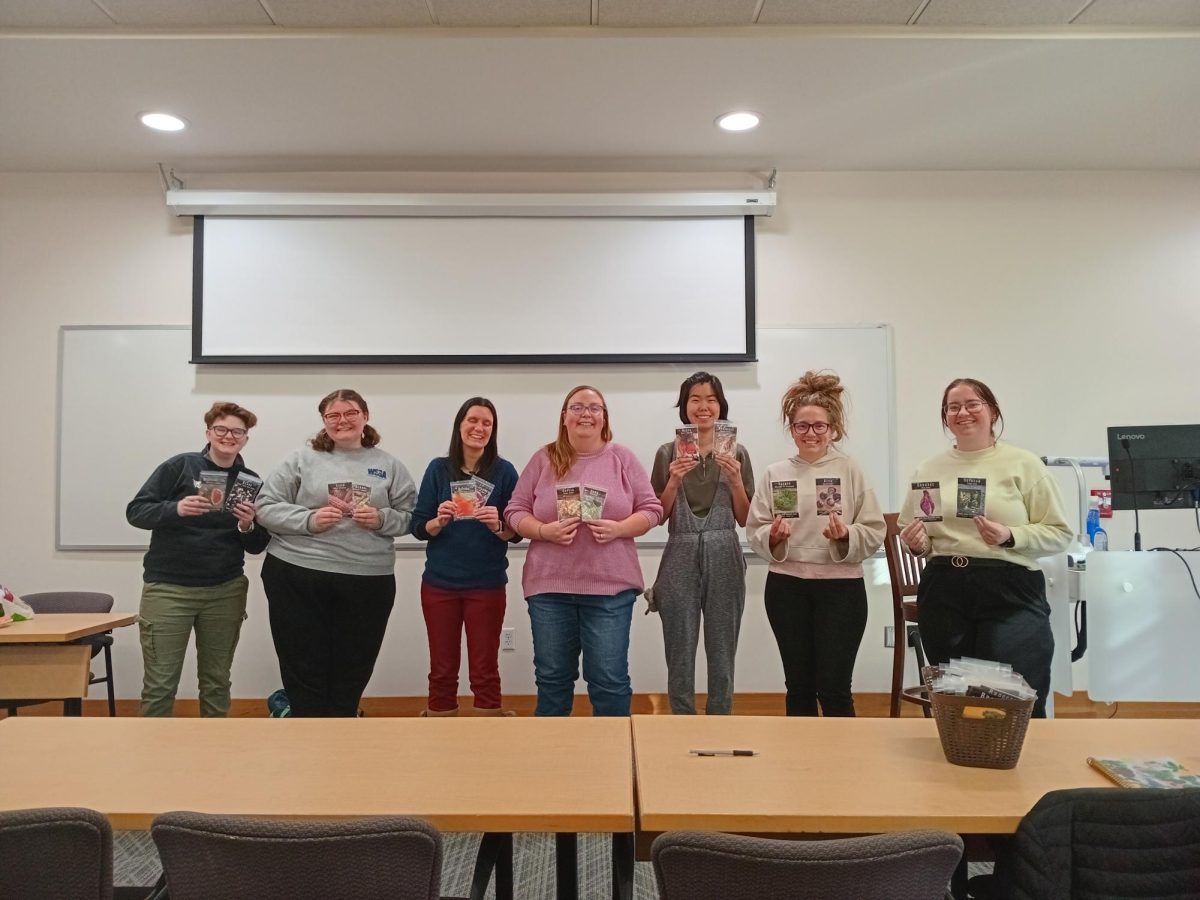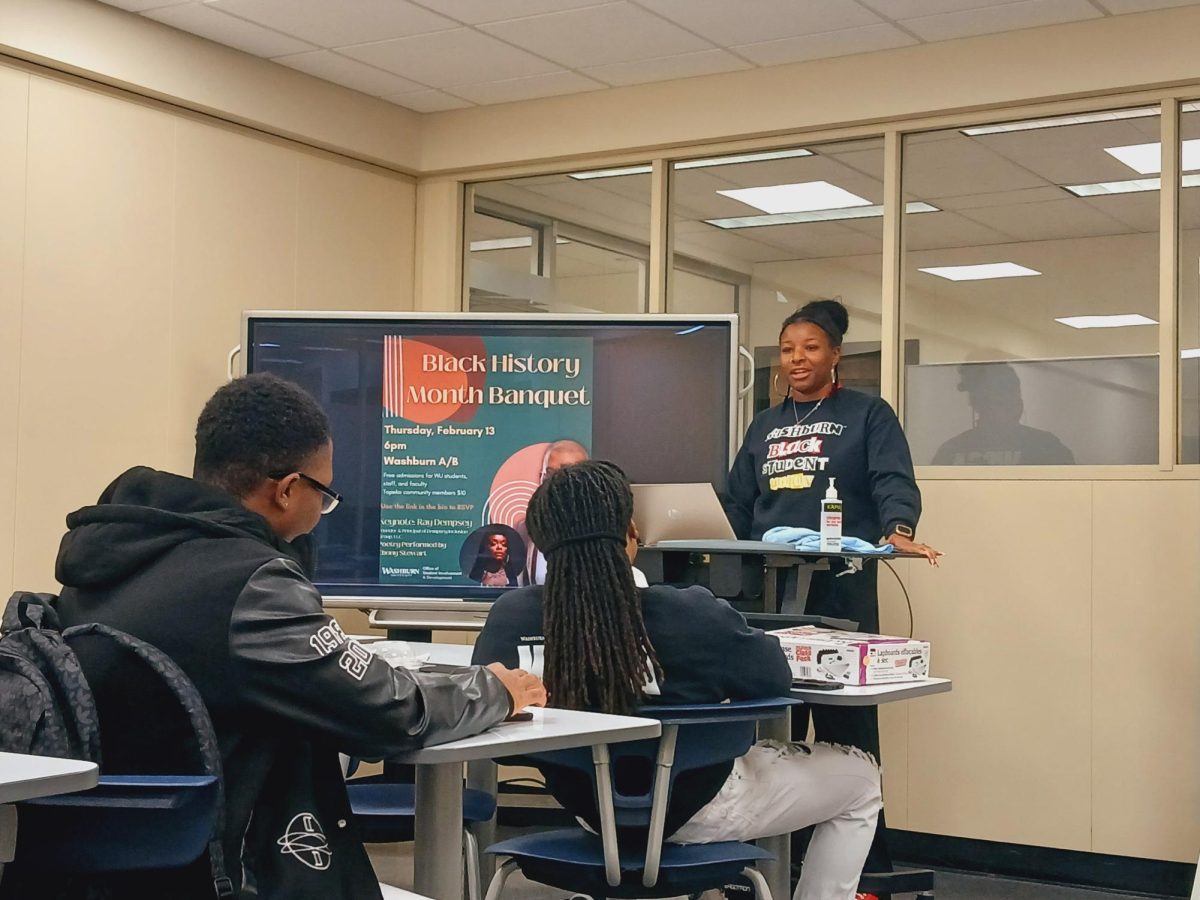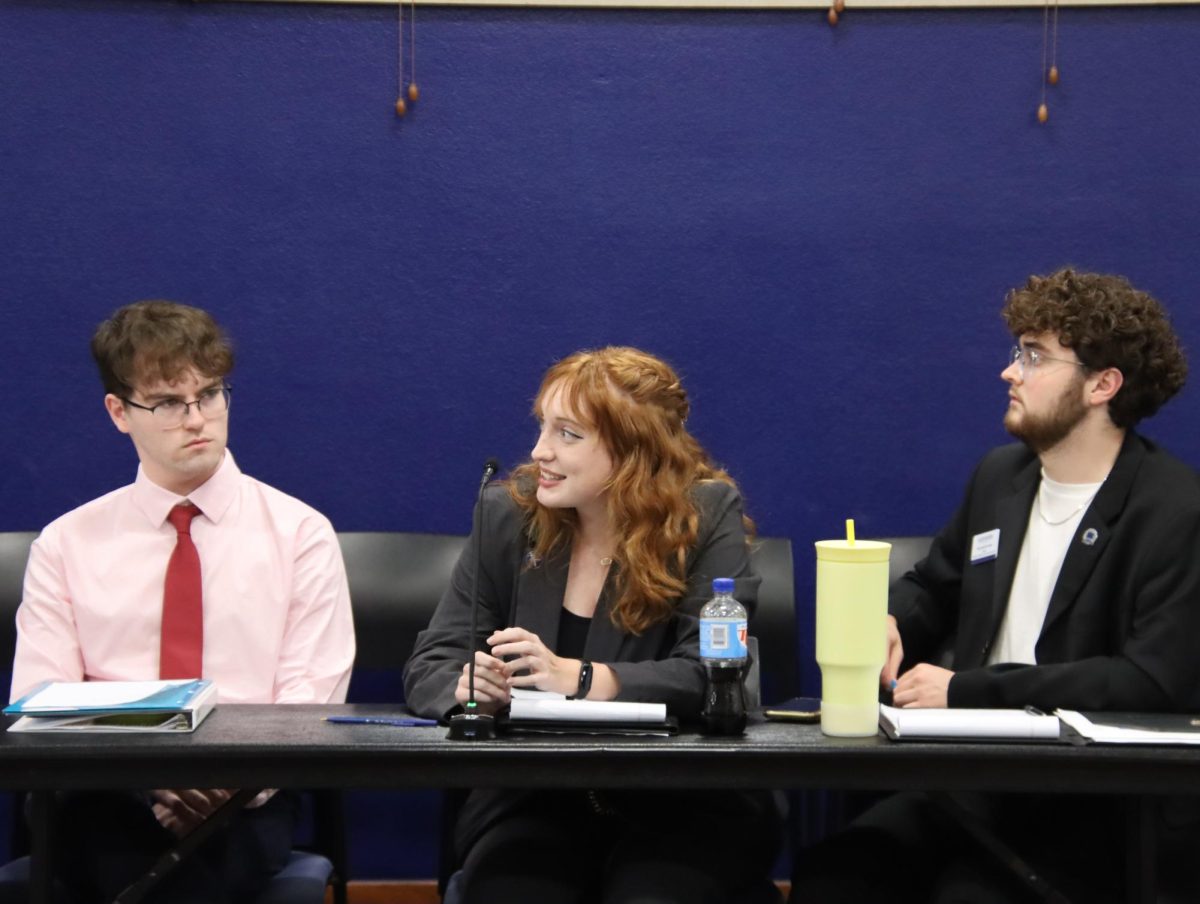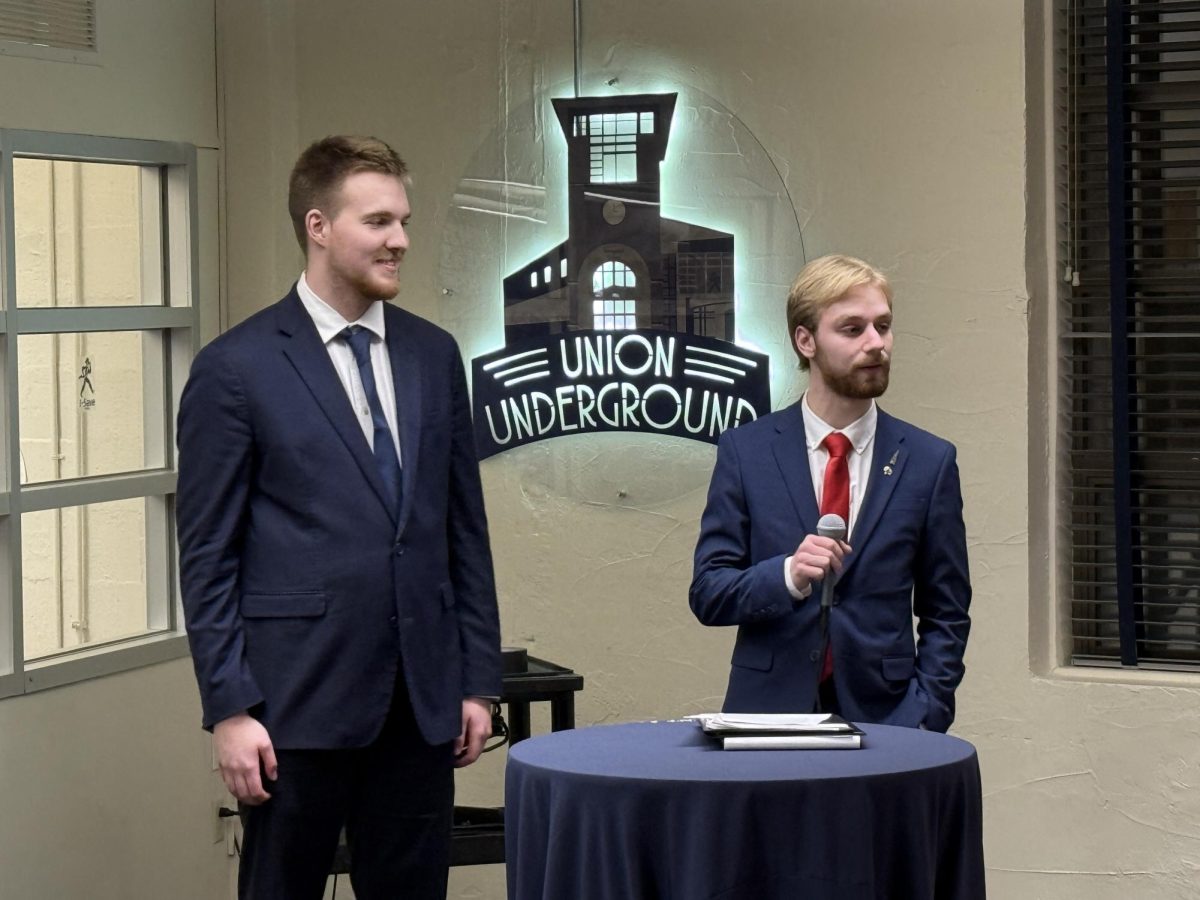The Washburn Student Government Association met Oct. 23 for a full senate meeting. What is normally a weekly meeting had to wait two weeks due to fall break.
The meeting went on inoffensively for almost the full allotted hour before freshman senator Jullian Hastings, representing the student fee ad-hoc committee, questioned the defined role of WSGA when it comes to funding. Specifically, Hastings asked if funding should be going to things that are not on the Washburn campus.
Alex Timm, allocations chairperson, responded by saying the mission of WSGA funding is to finance events, goals and opportunities for students on campus.
Cameron Billquist, senior senator, agreed with Timm.
“Our job is to give students as much money as possible to accomplish as many things as possible,” Billquist said.
While Hastings didn’t explicitly state it in his original question, the senate knew what he was concerned about—WSGA’s funding of Lyft, the ride-sharing app.
WSGA funds a program whereby anyone using a Washburn email account can receive up to $8 off any Lyft ride in the city of Topeka. The discount applies to anyone’s first four rides in a month.
The program is intended to make sure students can get to and from campus safely, especially in circumstances like parties that could otherwise lead to students driving drunk.
According to George Burdick, WSGA president, last year they budgeted $20,000 for Lyft, and Hastings says they went over by $20,000.
In response to that, according to Nick Lloyd, sophomore budget director, WSGA budgeted $50,000 for Lyft this year. But through two months, they have spent about $10,000 on the program, and as the $50,000 was intended to last through June 1, this puts them on target to go over budget once again, albeit by a much smaller amount of about $5,000.
“[Lyft] does seem like something that campus should fund, but if campus isn’t going to fund it, then we have the power to, because it is such an important and critical thing that we’re able to provide,” Billquist said.
Chavanna Kerney, freshman senator, believes it is appropriate to fund off-campus rides to “ease the burden” of students without reliable transportation going to things like church, shopping or just experiencing the city of Topeka. But she also believes Washburn should fund Lyft for international students who may not have access to a car.
Kirstyn Brown, junior campus and community affairs chairperson, believes that Washburn should pay some part of it, if not the entire thing, as both its duty and also open up funding for the WSGA.
Trevor Ottman, WSGA chief of staff, added that he feels if WSGA wasn’t funding Lyft, it could instead direct more of its funds to disadvantaged students, providing things like textbooks and other necessary products for school.
Lyft is currently the third biggest expense for WSGA, only behind student organizations ($100,000) and payroll ($90,000), according to Lloyd.
Burdick reminded the senate, however, that if they ask the university to step in, they may change policies like the fact that Lyft is funded 24/7 and anywhere within the city of Topeka.
“If we are looking at giving Lyft over to the university, we lose control over it…at that point, we don’t have control over what they do with that program,” Burdick said.
After extending the meeting 20 minutes to continue the cardinal conversation, a second motion to extend the meeting a further 20 minutes failed, so the discussion was tabled for a later date.
Other things discussed included a report that Can Emporia is going exceedingly well. The Chemistry Club received $834 for multiple purposes, Sigma Phi Epsilon received $600 for shirts, Washburn Opera Theatre received $390 for a trip to a dress rehearsal in Kansas City, Phi Delta Theta received $300 for its homecoming float, and Cor Christi received up to $5,000 for SEEK 2025.
Any questions about this topic or any related topics may be directed to the WSGA office. WSGA is open to any suggestions or discussions on how to handle the funding of Lyft going forward.
Edited by Morgan Albrecht and Jeremy Ford






